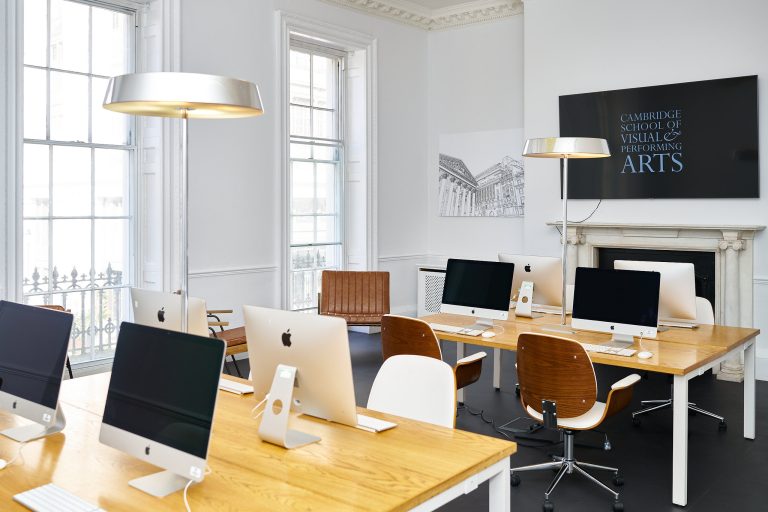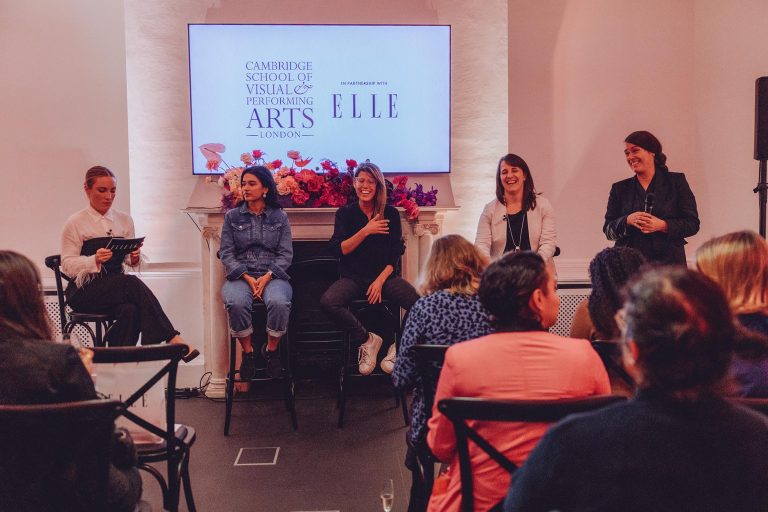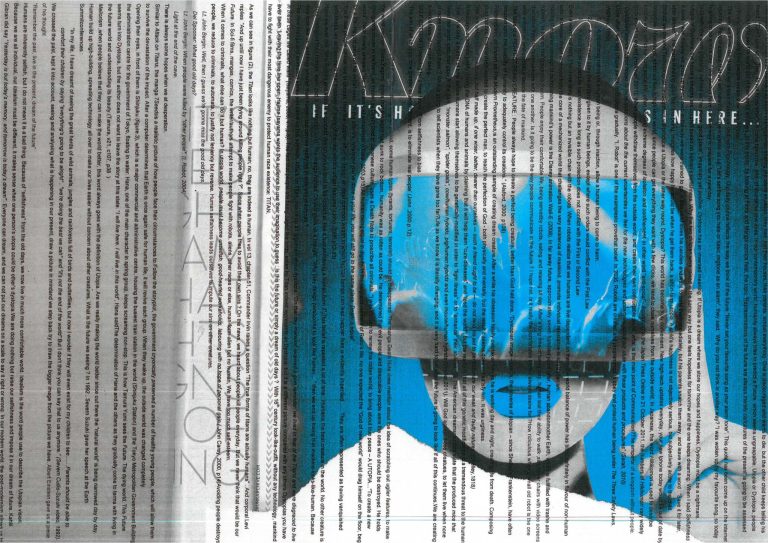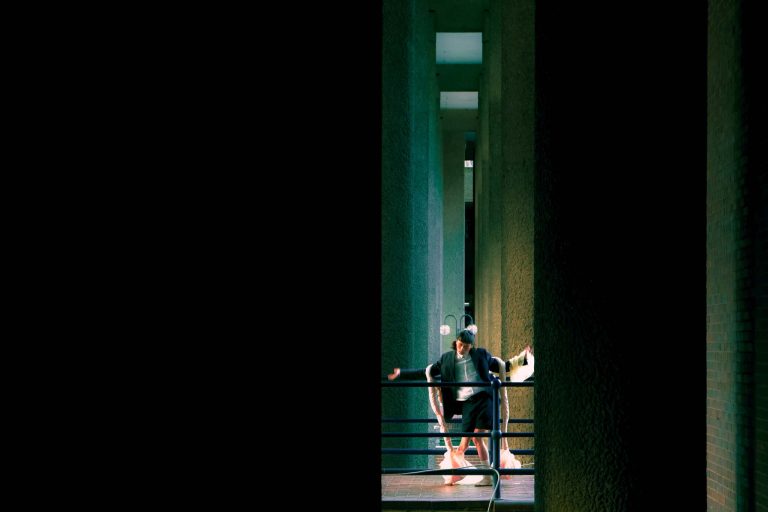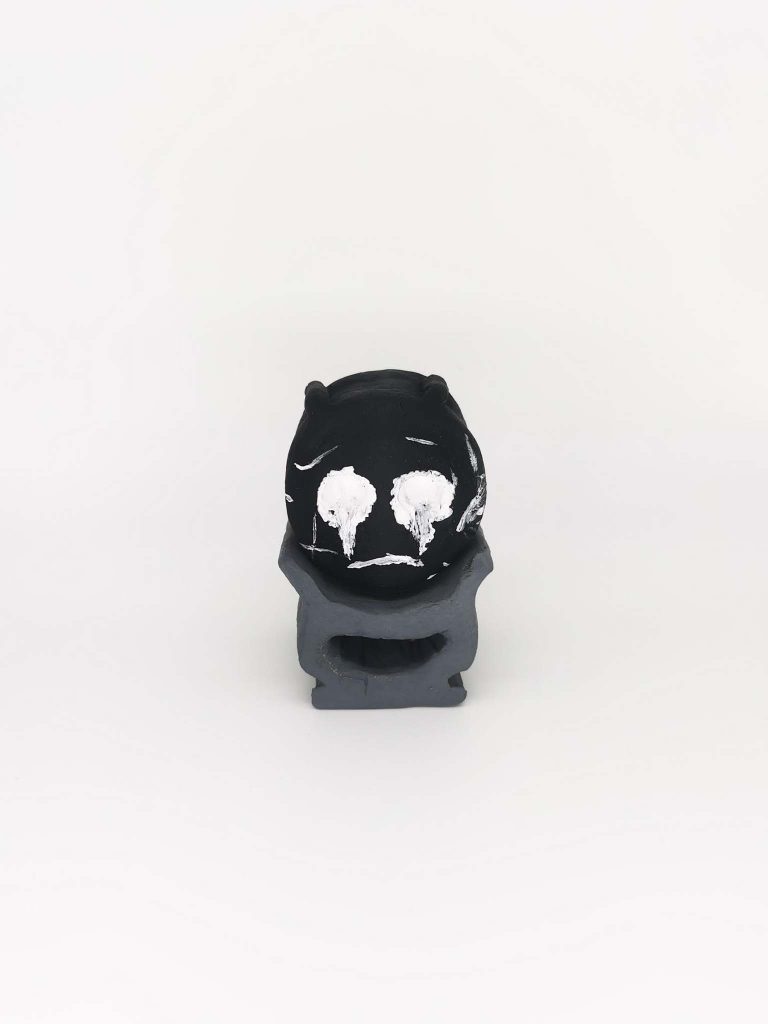Foundation Diploma in Art & Design – Film, Moving Image & Animation
This is an introduction to Film, Moving Image and Animation as forms of communication and artistic expression. The course covers a range of handmade and digital processes used to create moving images, build worlds, and tell stories. Students will learn about all elements of production, from the initial concept through to the completed piece of moving image content with sound. We will study historical and contemporary movements, watch and discuss films, visit exhibitions, explore the outdoors, write, draw, record, imagine and create! All projects will use primary and secondary research to inform conceptual and material experimentation. Possible outcomes are narrative and experimental short films and animations, documentaries, music videos and multimedia installations.
Preparation for Film Practice, Film + TV Production, Directing, Animation, Character Animation, Computer Animation, Experimental Animation, Art Direction, Design for Screen, Modelmaking, Visual Effects, Moving Image Art, Artist Film.
WE PROVIDE
We provide access to all the Adobe software (Photoshop, InDesign, Premiere Pro, After Effects, and more) and free colour printing. You will also find all the necessary audio-visual equipment to develop the right knowledge and technique in moving image practice.
You will be actively supported through a hands-on approach and extensive contact time with your tutors.
UCAS TARIFF
The UAL Level 3 Foundation Diploma In Art & Design- Film, Moving Image & Animation is included in the UCAS tariff and attracts tariff points for each final grade as shown below:
UCAS Points
Pass 80 – Merit 96 – Distinction 112
THE AWARD
The UAL Level 3 Foundation Diploma In Art & Design – Film, Moving Image & Animation is quality assured by UAL awarding body through a rigorous external moderation process and grades are monitored against agreed national standards. It is also regulated by Ofqual.
“I personally liked the balance between the independent and in-class work. We had enough time in class to ask questions and learn new skills, and to improve and perfect those skills on our own.”
Grigory – Foundation Diploma in Art & Design studen
VIDEO
Lorem ipsum dolor sit amet, consectetur adipiscing elit. Ut elit tellus, luctus nec ullamcorper mattis, pulvinar dapibus leo.
HIGHLIGHTS
OVERVIEW
Course Location
London
Course Length
3 Terms
Course Start
September
Tutor Support
Specialist staff support available 3 days a week.
Studio Access
Students have access to our studios 7 days a week, from 6:00 a.m. to 6:30 p.m., Monday to Friday and 10:30 a.m. to 5:30 p.m. at weekends.
How your work is assessed
Visual and written assignments and projects. With specifications set by UAL awarding body.
Awarding Body
University of the Arts London Awarding Body
English Language
Up to 5 hours per week if required
Progression
Progression: Degrees & further education in film making, television, animation and media-based subjects.
ENTRY
Age
17 years +
Educational Level
Completion of High School is needed or a minimum of 1 x Level 3 qualification, preferably in a relevant creative subject (i.e. A level) and 3 x GCSEs at grade 4 or grade C, including Maths and English and at least one of which should be in a creative arts subject.
Students who do not meet these entry requirements will still be considered on their own individual potential to succeed subject to a portfolio review and interview.
English Level for International Students
IELTS 4.5+ (no element under 4.0)
Portfolio
See below for more details.
STRUCTURE
This 1 year (3 terms) course is fundamental if you want to progress to university to study Art & Design at degree level or if you want to study Film and Moving Image.
FIRST TERM
At the beginning of the first term you will complete an induction week where you will get to know Tutors and students from your own and other pathways. Your Pathway Leader will support and advise you in making informed university course choices and build your portfolio through guided workshops and project briefs. You will build confidence in discussing and presenting your work to your tutor and peers and document your creative process through a digital learning journal which is submitted weekly through our VLE so that you can receive regular feedback.
SECOND TERM
In the second term, you will apply the skills gained in your first term to projects and live briefs from within your specialist discipline. You will also explore a variety of themes relevant to environmental, social, and political issues as you develop your critical and contextual skills and prepare for university interviews.
THIRD TERM
In the third term, you will consolidate your practice through an agreed proposal and self-directed project. At the end of term, you will showcase your work through an exhibition or screening and celebrate your achievements at our graduation ceremony.
UNIT PROJECTS
In this unit, students will undertake a diagnostic investigation into visual language and creative practices. This exploratory investigation allows students to become familiar with and experiment within a range of creative disciplines related to their chosen subject as part of their journey to, or reinforcement of, further specialism in Unit 2.
Sample Projects*
- Project 1: Future Fiction
Imagine the world in 100 years; how will it have changed? You will create a world outline, character design and environment design using drawing, collage or photography. During practical workshops, you will learn how to make a storyboard, build a jointed paper puppet of your character and shoot an animated sequence against your environment background using stop motion software.
- Project 2: Animating Spaces
In small groups, you will design and build a miniature scale model of a set with props, light it, and film a short video using light and shadow to create a mood. Workshops on set design, modelmaking, cinematography and 3-point lighting will support you in creating your project. You will also explore how sound is integral to cinematic experiences and learn to create a soundscape to immerse and influence your audience.
- Project 3: Double Vision
You will write a beat sheet and a 2-3 page script in which a person interacts with an identical version of themselves. You will then direct, film and edit a live action short film, using a green screen for at least one shot. Practical workshops in using DSLR cameras, microphones and digital video editing, and lectures on scriptwriting and production planning will support you in your project. Then, inspired by video art exhibitions we will visit, you will re-edit your film to be presented as a multimedia installation.
*Projects are examples and may change from year to year depending on the nature of live projects working with external partners, current exhibitions and visits planned and emerging new trends
Skills Learned
Character Design, Environment Design, Concept Art, World-building, Animation, Stop Motion, Puppet-making, Collage, Pixilation, 3-Point Lighting, model making, scaled construction, Photography, Adobe Suite, Storyboarding, Scriptwriting, Cinematography, Green Screen, Sound Design, Video Editing, Video Installation.
This unit will provide the student with the opportunity to reflect on the knowledge, skills and practices they have developed in Unit 1 of the qualification, and to define their creative ambitions by encouraging a holistic approach to a range of activities, which will support, contextualise and position their creative endeavour within their chosen specialist practice.
Sample Projects*
- Project 1: Narrative
You will learn about narrative structure in filmmaking and create a short film or animation that tells an interesting story. In 2022, as part of the Cambridge Creative Encounters project, we worked with the theme of Global Catastrophic Risk, creating stories about the end of the world to build awareness around factors that increase the likelihood of civilisation collapse. In support of this project, we spoke to researchers at the Centre for the Study of Existential Risk and visited the Science Museum and the Royal Academy of Arts in London.
- Project 2: Documentary
After learning about the history of documentary and its use in contemporary practice, you will create a short documentary film or animation on a topic of your choice, beginning with a recorded interview. A practical workshop on interview skills, including lighting and microphone setup, will prepare you for individual approach. A workshop on ethics in animated documentary will support those of you working with animation.
- Project 3: Sound and Image
You will create a 1-minute non-narrative film or abstract animation to a piece of composed sound. You will experiment with materials and focus on colour, shape, movement and speed. Workshops to support this project include direct animation on 16mm film, animating with sand, paint and clay, and digital video effects.
- Project 4: University research and application
This Unit is delivered through both weekly personal tutor sessions and 1:1 tutorials in the Autumn term and a UCAS week in September where students visit the UCAS fair to research different institutions and courses, speaking to University staff. Students are expected to gather a body of research evidence, develop a personal statement and submit a portfolio of work from across the course applying the skills learned in portfolio skills classes.
*Projects are examples and may change from year to year depending on the nature of live projects working with external partners, current exhibitions and visits planned and emerging new trends.
Skills Learned
Interview Techniques, Lighting, Sound Recording, 2D Paper and Digital Animation, Walk Cycles, Camera-less Animation, Sand Animation, Claymation, Paint on glass, Collaboration, Production Planning.
This unit aims to provide students with an opportunity to take control of their own learning and demonstrate their achievement by independently initiating, researching, completing and evaluating a project proposal and its realisation within their chosen professional context.
Skills Learned
By this stage in the course, it is expected that students will have acquired the necessary skills, knowledge and understanding to undertake their devised project; however, investigation into new skills is encouraged and facilitated where possible. Students may take advantage of the 3D workshop or join one of the varied specialist workshops offered across the department.
SUBJECTS
WEEKLY SESSIONS
Contextual and Thematic Studies
Contextual and Thematic Studies may take the form of a lecture/slideshow, or discussion usually followed by related practical or written work and activities. Here you are introduced to a diverse range of artists, designers, brands, concepts and ideas linked to different times, cultures and genres. These sessions are intended to broaden your knowledge, skills and understanding of the wider contexts within Art and Design and provide you with research opportunities and reference materials to support the development of your own practical skills and creative ideas.
Workshops and Practical Sessions
Workshops will be delivered in a variety of materials and processes. The practical and technical skills learned are intended to be as transferable as possible and help you develop an exciting and creative portfolio. There is emphasis on risk taking, playing, failing and learning from mistakes and unexpected discoveries. At CSVPA we believe strongly in developing a wide range of skills to support the versatility required of creatives working in professional and commercial creative fields today. Specialist workshops will be delivered at appropriate times within specific projects. At other times practical sessions run where all students are working on their own individual project development.
Reflective Studies
These sessions provide an opportunity, with guidance, to consolidate, document and reflect upon learning taken place across the week. Guidance will be given to help develop the skills, knowledge and understanding related to managing the creative process; self-evaluation, written language and vocabulary, presentation, and organisation skills in the effective documentation of the learning journal. These sessions also include 1:1 tutorials, individual presentations, peer reviews and group critiques.
Experimental Studies
This course encourages risk-taking, playing, and exploration of a wide range of media and processes. Creative exercises aid learning in elements of composition, tone, colour, texture, form, structure and perspective. Student will learn skills in observational analysis, visual interpretation, improvisation and rendering the abstract. Work produced is submitted as part of Unit assessment supporting or enhancing attainment.
Portfolio Skills
This class is delivered in the first term and teaches you how to technically create a portfolio using Adobe Creative Suite. It develops critical awareness of portfolio content and presentation skills and explores different portfolio types appropriate to different courses and institutions. You will build confidence to develop your own personal style and approach, effectively communicating your own creative voice. Your portfolio for university submission will be overseen by your specialism tutor. Students do not require additional portfolio skills classes outside of CSVPA. Our tutors are all experts in their fields and will advise you on how to best prepare and curate your portfolio to meet the different requirements of different universities.
English Training
For international students who have an IELTS with any element 5.5 or lower, English classes are timetabled to aid progression to university. Through a variety of teaching styles, we focus on four key skills you need to pass your IELTS exam; listening, reading, writing and spoken English.
PORTFOLIO
At CSVPA, we are looking for students to demonstrate originality and motivation. You need to show us that you are interested in the subject area you are applying for. If you are passionate about something, show it! It is less about the final piece and more about the thought process you have gone through. Show us your research and ideas in sketchbooks or notebooks and show us a variety of work which demonstrates the skills and experience you have.
What to include:
- Show us 5-10 pieces of your very best work: quality is more important than quantity.
- Include both taught and personal work (you can include videos such as YouTube, Instagram, TikTok, etc).
- Demonstrate drawing skills (from live observation, as well as from photos or reference materials)
- Show us your personal ideas and areas of interest (if you’re passionate about a certain subject, show it!)
- Only use work you have made in the last 18 months: nothing older
- Submit it electronically as a PPT or PDF, or arrange an interview to show your work in person.
PORTFOLIO GUIDE
What We Look for in an Portfolio guide, to prepare fully for your audition at CSVPA.
RELATED COURSES
TALK TO US
Do you want to find out more about CSVPA? Talk to our student advisors now.


